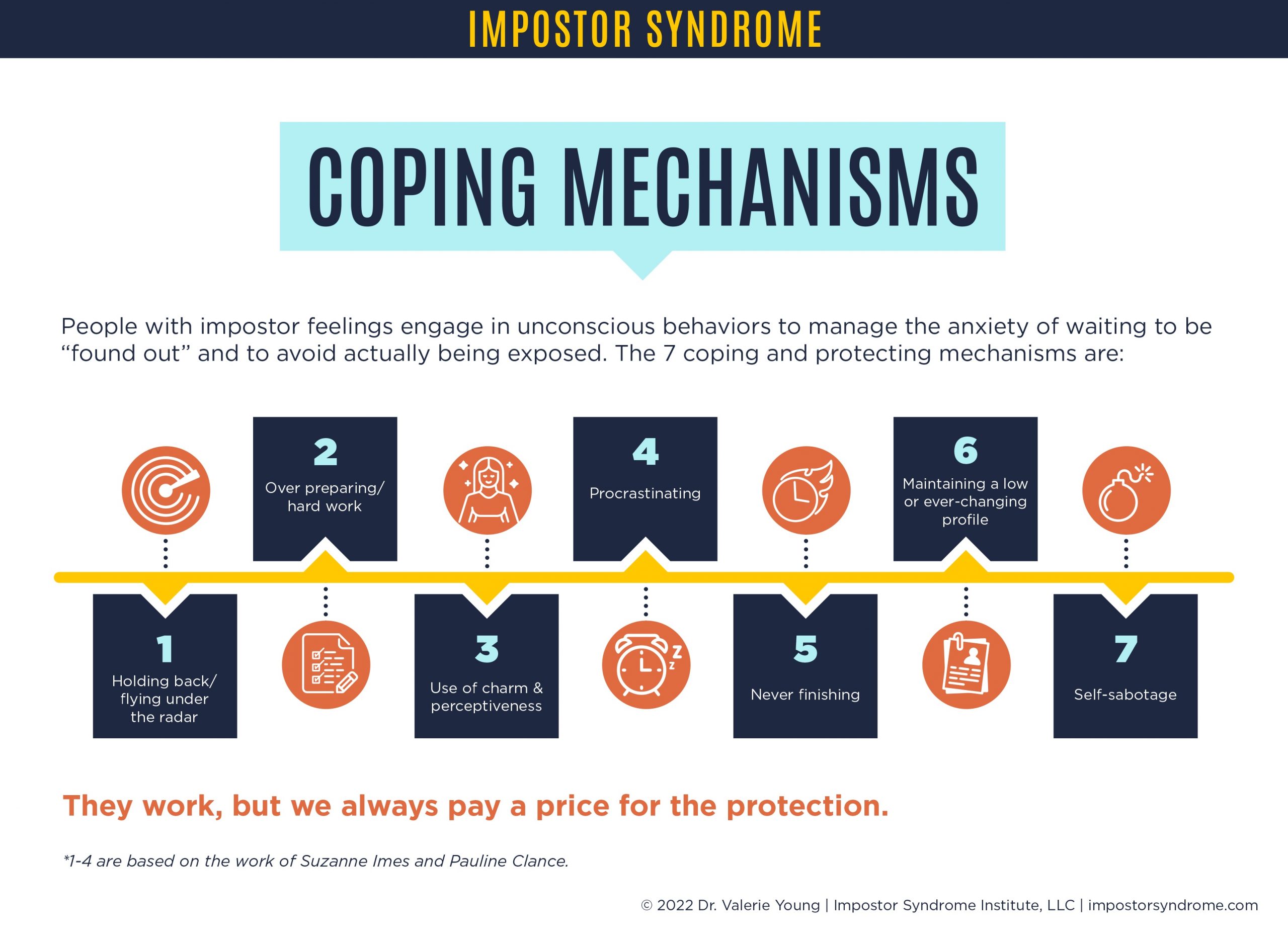How to Conquer Procrastination, Emotional Dependency, and the Impostor Syndrome
How to Conquer Procrastination, Emotional Dependency, and the Impostor Syndrome
Blog Article
Throughout our routines, we often encounter challenges that hinder productivity and personal growth. Among the most depedencia emocional common issues are procrastination, emotional dependency, dependencia emocional como sair and impostor syndrome. They can negatively influence our achievements, but addressing them can lead to significant personal improvement.
In this article, we’ll explore what these issues are, why they occur, and effective strategies to manage them. By gaining this knowledge, you can enhance your mental clarity and achieve your goals with confidence.
What is Procrastination?
Procrastination is the tendency to postpone tasks or decisions that require immediate attention. This behavior is often linked to emotional and psychological factors.
Research shows that procrastination stems from how our minds prioritize instant gratification over long-term benefits. People often procrastinate when they feel unmotivated or overwhelmed. Recognizing these triggers is essential to addressing the issue effectively.
How Emotional Dependency Affects Relationships
Emotional dependency occurs when someone relies heavily on others for approval, validation, or support. While building relationships is fundamental, excessive emotional dependency leads to imbalance and stress.
People with emotional dependency may struggle to make independent decisions. This behavior often stems from childhood experiences, such as a fear of abandonment or low self-esteem. Therapy and self-reflection can help foster healthier, more independent relationships.
The Effects of Impostor Syndrome on Self-Confidence
Impostor syndrome refers to the internalized fear of being exposed as a fraud. Despite achieving success, individuals with impostor syndrome attribute their achievements to luck or external factors.

This mindset results in anxiety and self-doubt, hindering personal and professional growth. Research suggests that addressing impostor syndrome requires acknowledging accomplishments, reframing negative thoughts, and seeking constructive feedback.
Strategies to Overcome These Challenges
If you want to improve your habits and mindset, consider implementing the following strategies:
- For procrastination: Set small, manageable goals and use tools like to-do lists or time-blocking techniques.
- For emotional dependency: Focus on building self-esteem through activities like journaling, therapy, or mindfulness practices.
- For impostor syndrome: Document your successes and remind yourself of past accomplishments regularly.
dependência emociona
Consistency is vital—practice these techniques daily to achieve sustainable results.
Conclusion: Taking Charge of Your Mental Habits
These common psychological challenges can be overcome with dedication and the right tools. By understanding their causes and applying effective strategies, you set the stage for a more productive, confident, and fulfilling future.
Begin today—pick a single habit to focus on and apply it consistently. You’ll notice meaningful changes in how you approach challenges and opportunities.
Report this page